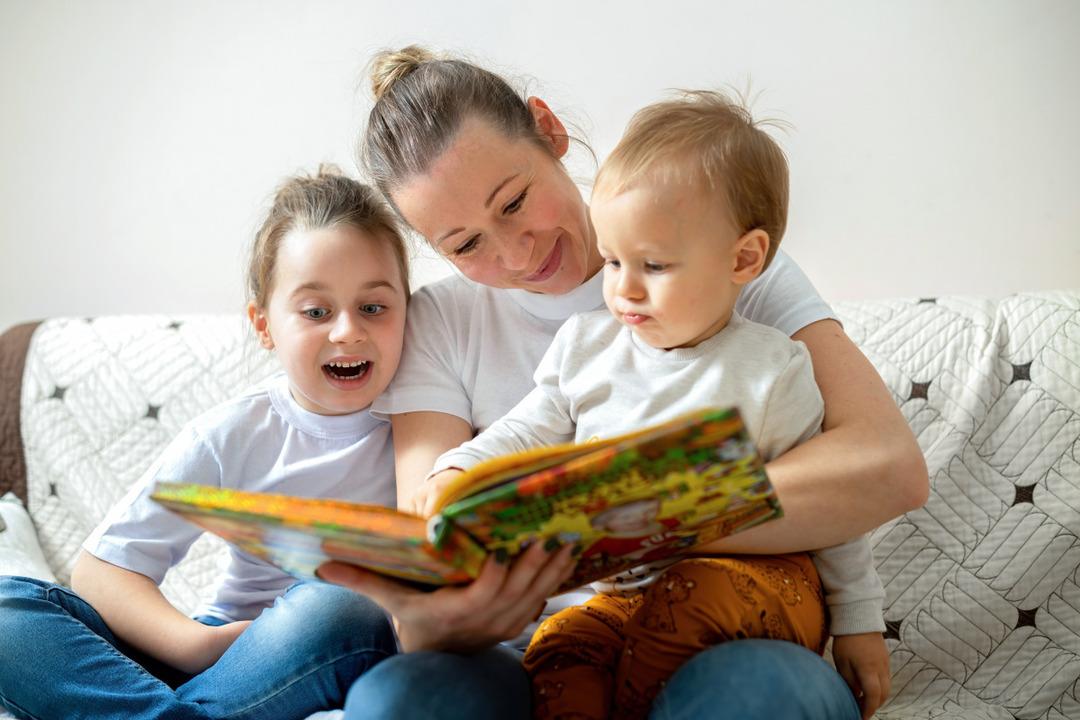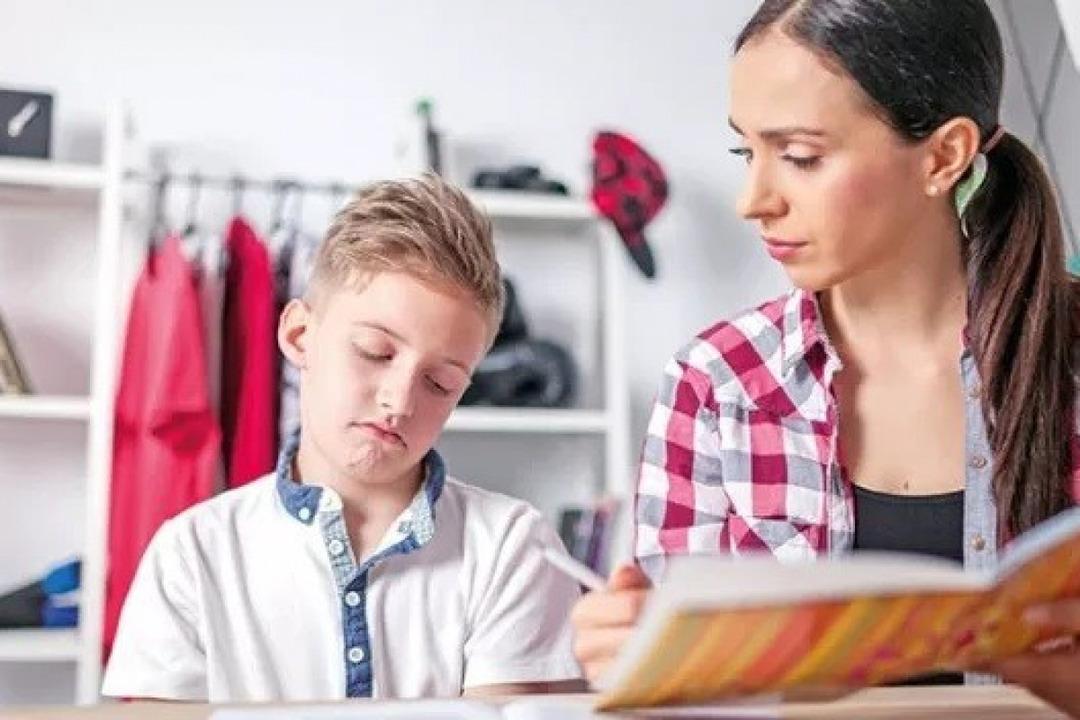Istanbul Atlas University Faculty of Humanities and Social Sciences Head of Psychology Department Prof. Dr. T. Gül Şendil evaluated how children should be approached about the concepts of death and mourning.
“THE STYLE OF APPROACH ENABLES THEM TO UNDERSTAND THEIR FEELINGS”
Stating that children perceive the concept of death in different ways depending on their developmental level and age, Şendil said, “The way parents approach their children when faced with such a situation enables their children to understand their feelings about death and experience these feelings in a healthy way.”

‘DESCRIPTION MUST BE SUITABLE FOR THE CHILD’S AGE AND DEVELOPMENT LEVEL’
“Children’s expression of their feelings and thoughts about death is different from adults,” said Şendil, adding: “Supporting them with a patient, open and loving approach allows them to get through this difficult process in a healthier way. “First of all, explanations to children about death may differ depending on their age and development level, so it should be remembered that any explanations should be appropriate to this,” he said.
‘THEY MUST ANSWER HONESTLY’
Noting that it is important for parents not to lie to their children, regardless of age and development level, Şendil said, “Children may ask many questions about death. It is very important for parents to be patient and answer their children’s questions honestly, sharing the facts with them in a loving way. “When they encounter questions they don’t know the answers to, they can say ‘they are not sure about this, but they can think about it together,'” he said.

‘INDIRECT EXPRESSIONS CONFUSE THEM’
Stating that concrete and simple explanations should be given to children up to the age of 5, Şendil said, “Until approximately the age of 5, children have difficulty understanding that the concept of death is permanent. They can be explained about the missing person in concrete and simple terms. For example, ‘Your grandfather died, he can’t be with us anymore…’. Making indirect statements or misleading statements confuses them. “Especially incorrect explanations made to children of this age such as ‘He slept’ or ‘He went somewhere else’ may lead to sleep problems or addiction problems such as not being able to stay away from their relatives,” he warned.
‘IT SHOULD BE EXPLAINED CLEARLY AND HONESTLY WITH REASONS’
Noting that children between the ages of 6 and 9 begin to understand that death is a permanent and irreversible process, Şendil said, “They probably associate the concept of death with old age. If the loss is an elderly relative, it is necessary to explain this loss to him openly and honestly and tell him that death is a natural process. “When an unexpected death occurs, this situation can be explained openly, honestly and with the reasons,” he said.

‘AFTER THE AGE OF 10, THEY UNDERSTAND THAT DEATH IS REAL’
Stating that children aged 10 and above now understand that death is real and universal, Şendil said, “They can think about deeper meanings about the concept of death and its consequences. They can better predict the long-term consequences of loss. “Conversations that include more detailed and emotional aspects can be held with children at this age,” he said.
‘IT IS ALSO IMPORTANT NOT TO NEGLECT FEELINGS’
“Explanations to be made to children are important, but it is equally important not to neglect emotions,” said Şendil, adding, “Since the loss will cause deep sadness in people, parents should not deny these feelings for either themselves or their children. Children experience fear, sadness, guilt, “They may experience complex emotions such as anger. It can be explained that these emotions are natural, the parent himself experiences these emotions and everyone grieves in different ways,” said Şendil, stating that children learn how to express their own emotions by observing their parents’ emotions. “Sharing their reactions such as sadness or crying with them teaches children that emotions should not be suppressed,” he said.

‘SHOULD CHILDREN BE TAKEN TO THE FUNERAL CEREMONY?’
Prof. Dr. T. Gül Şendil said that involving children over the age of 7 in a funeral, prayer or other commemoration ritual can help them understand the loss and say goodbye. Şendil said, “It is important to explain the rituals to them in advance and ask if they are willing. “In addition, planting flowers or trees in memory of the deceased relative, regular grave visits, and creating a memory book or album can help children experience their grief in a healthy way,” he advised. Stating that in some cases, children may show symptoms such as intense fear, anger or sadness after a loss, Şendil said that it may be useful to get help from a child psychologist or therapist in such cases.
(UAV)
